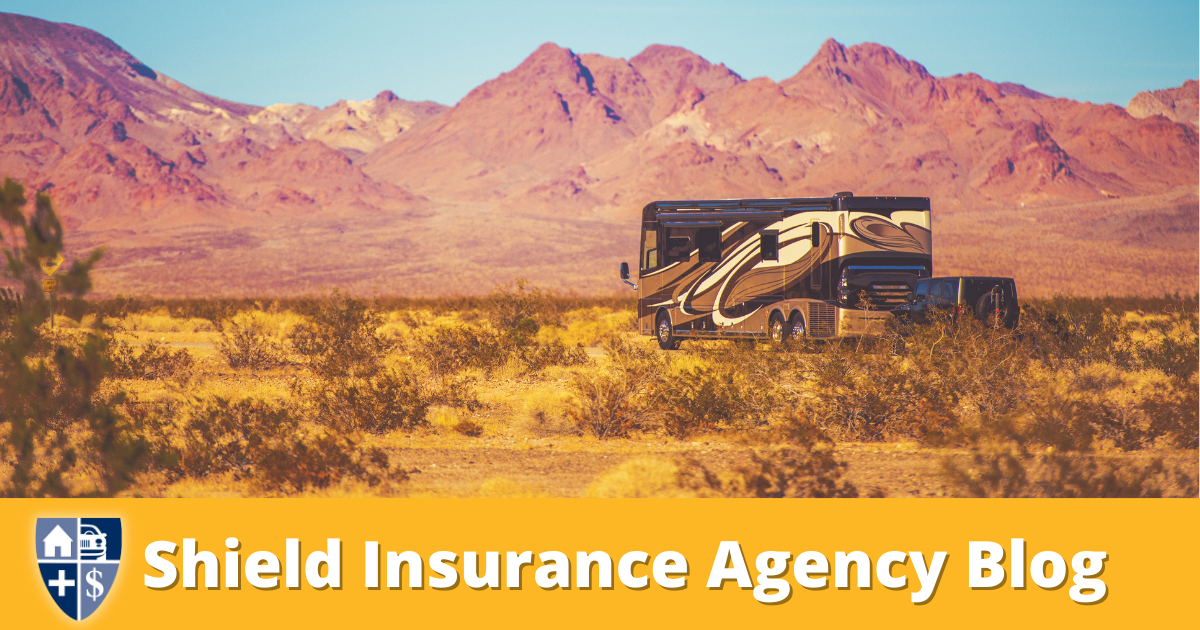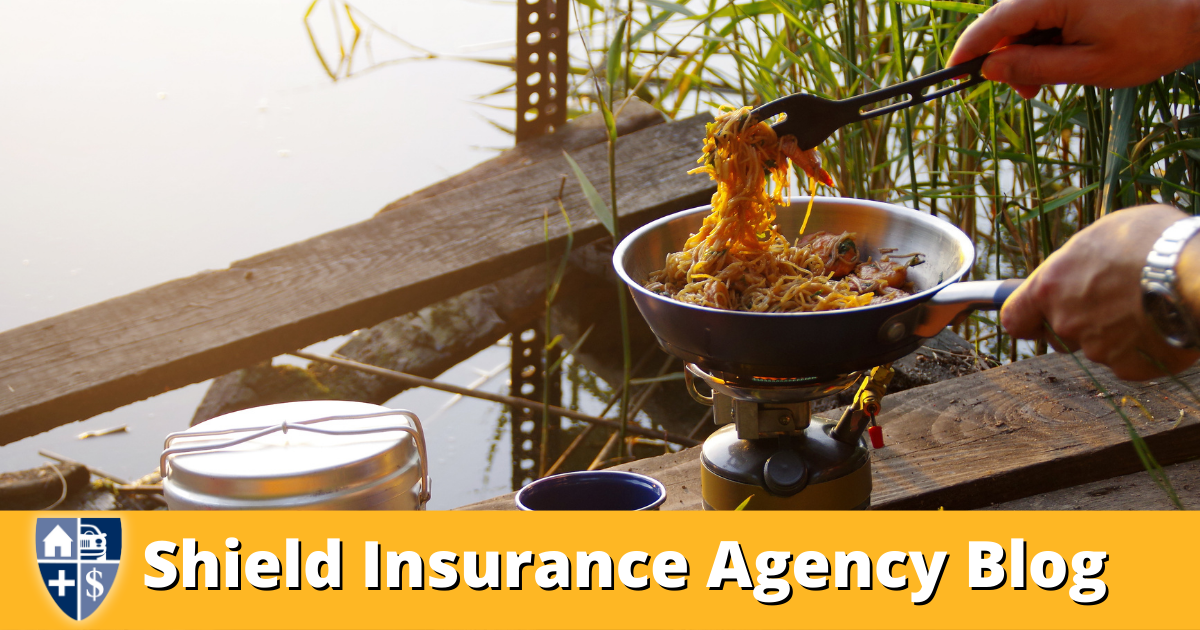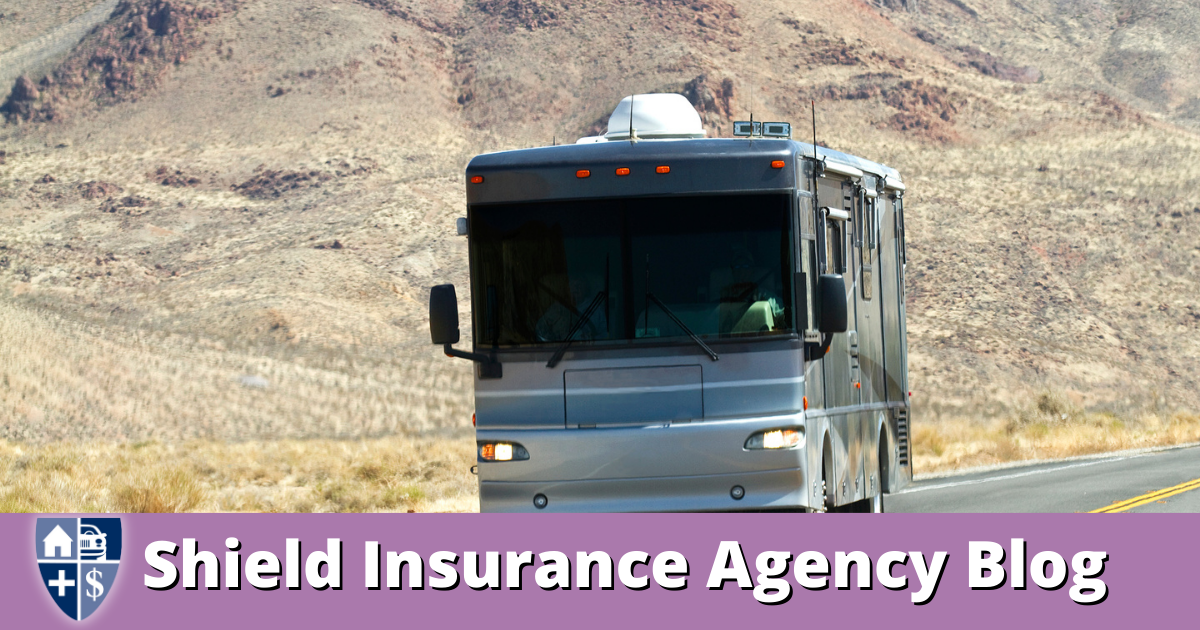
Winterizing Your RV in Michigan: Insurance Tips for Cold Weather Protection
Michigan’s winters can be harsh, with freezing temperatures, heavy snow, and icy conditions that pose challenges for RV owners. Whether you’re storing your RV for the season or planning to use it during the colder months, taking steps to winterize your vehicle is essential. At Shield Insurance Agency, we want to help Michigan RV owners understand how proper winter preparation and insurance coverage can protect their investment.
Why Winterizing Your RV Matters
Cold weather can cause significant damage to RVs if they aren’t properly prepared. Frozen pipes, cracked seals, and battery issues are common problems during Michigan’s winter months. Additionally, snow and ice can lead to roof damage or leaks if your RV is left exposed. Winterizing your RV not only prevents costly repairs but also ensures your insurance policy covers any unexpected issues.
Steps to Winterize Your RV
Preparing your RV for Michigan’s cold weather involves a few key steps:
- Drain the Water System: Remove all water from your RV’s pipes, tanks, and water heater to prevent freezing and bursting.
- Seal Openings: Inspect windows, doors, and vents for cracks or gaps, and apply weatherproof sealant to keep out moisture and cold air.
- Protect the Battery: Disconnect and store your RV’s battery in a warm, dry place to prevent it from losing charge in freezing temperatures.
- Cover Your RV: Use a durable, weather-resistant cover to protect your RV from snow, ice, and debris.
How Insurance Can Help During Winter
Even with proper winterization, accidents and damage can still happen. RV insurance can provide coverage for issues like roof damage from heavy snow, frozen pipes, or theft while your RV is in storage. It’s important to review your policy to ensure it includes protection for winter-related risks. If you’re unsure about your coverage, Shield Insurance Agency can help you find the right policy for your needs.
Get Covered with Shield Insurance Agency
At Shield Insurance Agency, we understand the challenges Michigan RV owners face during the winter months. Our team is here to help you find an insurance policy that protects your RV from cold weather risks. Visit us at Shield Insurance Agency or contact us today to learn more about your options.

























































